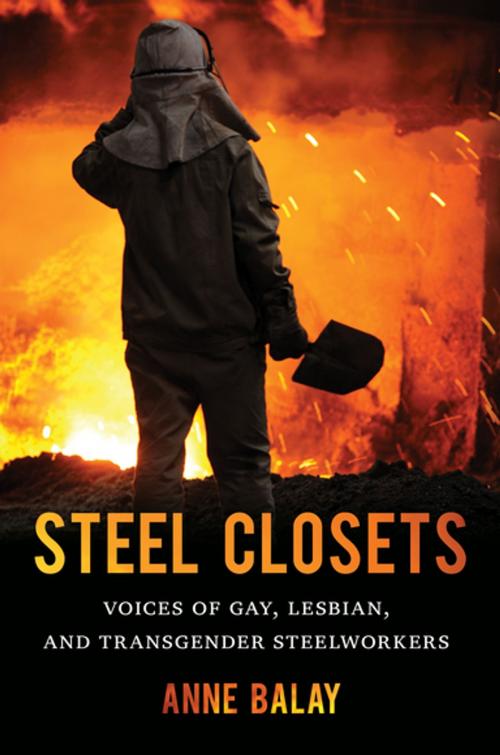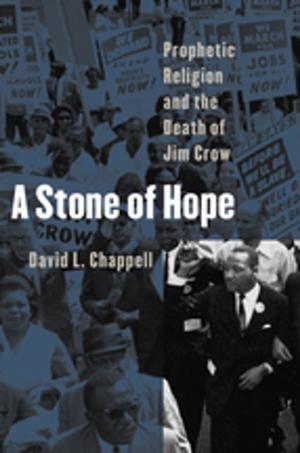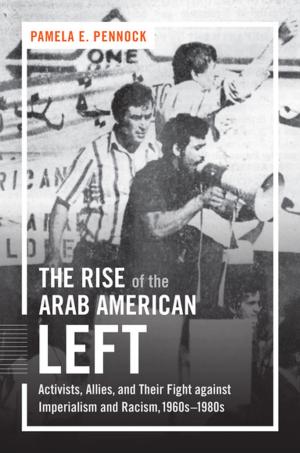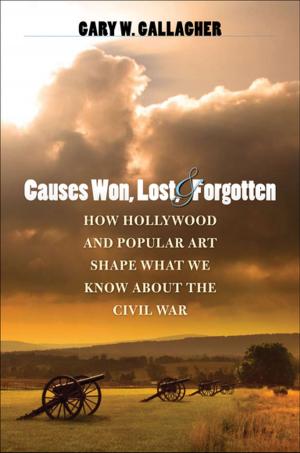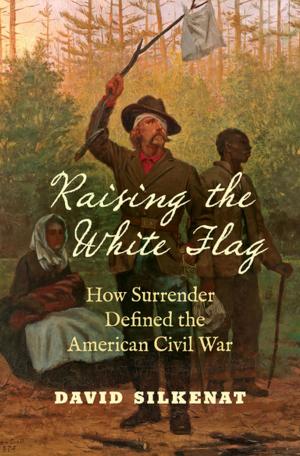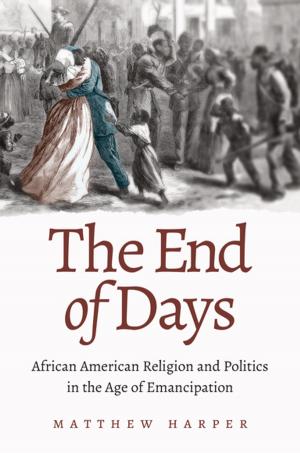Steel Closets
Voices of Gay, Lesbian, and Transgender Steelworkers
Nonfiction, Social & Cultural Studies, Social Science, Gender Studies, Lesbian, Gay Studies| Author: | Anne Balay | ISBN: | 9781469614014 |
| Publisher: | The University of North Carolina Press | Publication: | April 7, 2014 |
| Imprint: | The University of North Carolina Press | Language: | English |
| Author: | Anne Balay |
| ISBN: | 9781469614014 |
| Publisher: | The University of North Carolina Press |
| Publication: | April 7, 2014 |
| Imprint: | The University of North Carolina Press |
| Language: | English |
Even as substantial legal and social victories are being celebrated within the gay rights movement, much of working-class America still exists outside the current narratives of gay liberation. In Steel Closets, Anne Balay draws on oral history interviews with forty gay, lesbian, and transgender steelworkers, mostly living in northwestern Indiana, to give voice to this previously silent and invisible population. She presents powerful stories of the intersections of work, class, gender, and sexual identity in the dangerous industrial setting of the steel mill. The voices and stories captured by Balay--by turns alarming, heroic, funny, and devastating--challenge contemporary understandings of what it means to be queer and shed light on the incredible homophobia and violence faced by many: nearly all of Balay's narrators remain closeted at work, and many have experienced harassment, violence, or rape.
Through the powerful voices of queer steelworkers themselves, Steel Closets provides rich insight into an understudied part of the LGBT population, contributing to a growing body of scholarship that aims to reveal and analyze a broader range of gay life in America.
Even as substantial legal and social victories are being celebrated within the gay rights movement, much of working-class America still exists outside the current narratives of gay liberation. In Steel Closets, Anne Balay draws on oral history interviews with forty gay, lesbian, and transgender steelworkers, mostly living in northwestern Indiana, to give voice to this previously silent and invisible population. She presents powerful stories of the intersections of work, class, gender, and sexual identity in the dangerous industrial setting of the steel mill. The voices and stories captured by Balay--by turns alarming, heroic, funny, and devastating--challenge contemporary understandings of what it means to be queer and shed light on the incredible homophobia and violence faced by many: nearly all of Balay's narrators remain closeted at work, and many have experienced harassment, violence, or rape.
Through the powerful voices of queer steelworkers themselves, Steel Closets provides rich insight into an understudied part of the LGBT population, contributing to a growing body of scholarship that aims to reveal and analyze a broader range of gay life in America.
